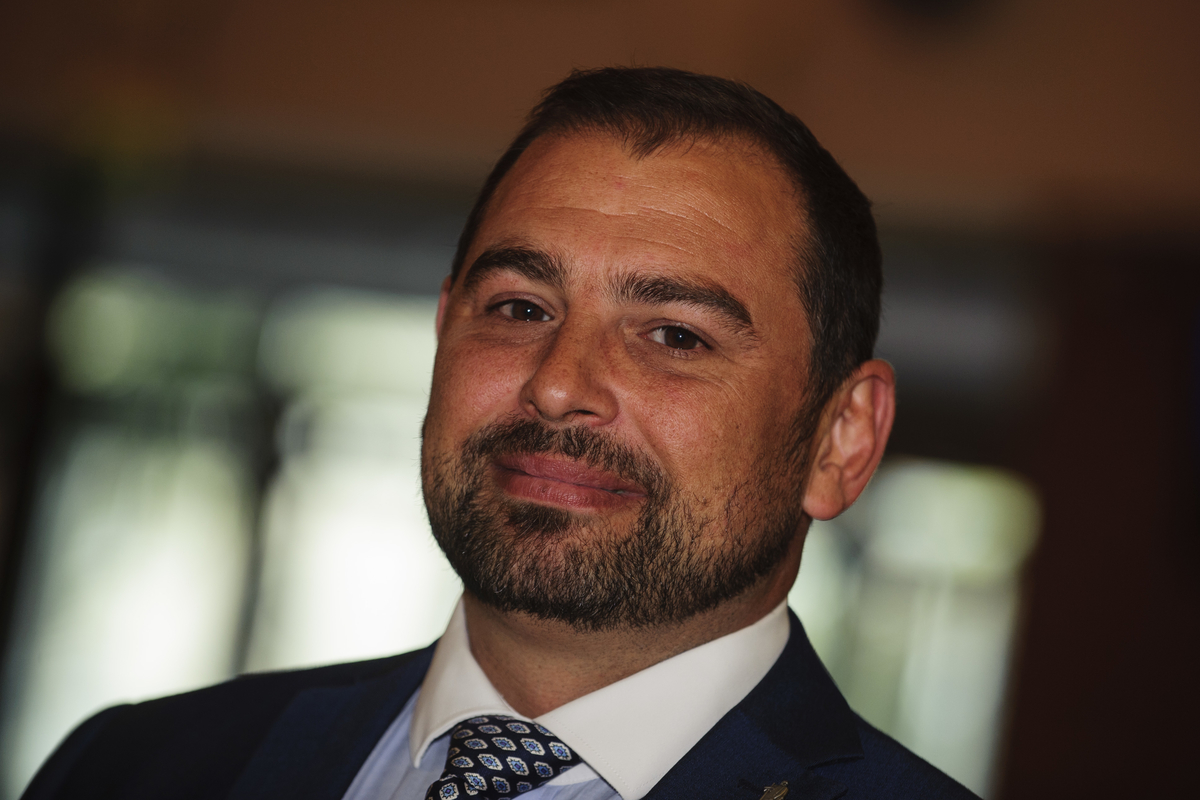Demands on officers are affecting welfare
THE imbalance between policing demand and capacity is affecting the welfare and wellbeing of Police Officers.
That is the view of Police Federation of England and Wales Vice-Chairman, Che Donald.
He was speaking after the PFEW hosted two workshops on the issue of heightened demand and lack of capacity among police numbers.
The workshops were set up following the results of the PFEW’s Demand, Capacity and Welfare Survey, which highlighted a severe imbalance between the demand officers on the frontline face and their capacity to meet it, and the crippling effects this was having on officer welfare.
Che said: “The Federation have supplied the evidence-base by way of our Demand, Capacity and Welfare Survey and got the right people together in a room.
“The people who attended were definitely wanting to make a concerted effort to address these issues.
“Policing is potentially at a crisis point. We’re not going to get more money, which means we’re not going to get more staff.
“So, let’s be honest, let’s be open, let’s be direct about some of the decision making.
“That’s what was encouraged, honest, open discussion. We need to have that at the forefront of our thinking.
“It’s not a simple answer. We’ve all got a shared responsibility in addressing this issue, because at the moment we know that our officers are not being looked after, and we know that we can’t look after them.
“If that’s the state of policing, then how on earth are we expecting our officers to look after the public? It’s an impossibility.”
The PFEW survey, in conjunction with the University of Nottingham, found that stress and poor psychological wellbeing is widespread in the police service.
66% of officers indicated that their workload was too high and 58% felt they did not have enough time to do their job to a standard of which they could be proud.
Capacity to meet demand was generally viewed as insufficient. Four out of five officers indicated that officer numbers in their team/unit were insufficient to manage demand and do the job properly.
71% felt that the way officer staffing levels are determined seemed to be ineffective, while 70% felt they did not have time to engage in proactive policing.
Che continued: “The survey showed that where our officers are overworked, with insufficient resources or colleagues to share the burden of that work, it impacts on them.
“It impacts on their ability to perform, it impacts on their sickness, it impacts on the pride that they take in performing their jobs.
“So, we’ve known it’s a growing problem, but what we’re trying to do is provide a solution.”
Che will be meeting with a number of professionals in policing, including Ron Hogg, the Welfare Lead for the APCC, Sarah Thornton of the NPCC, the Policing Minister, and Tom Winsor from HMCIC to discuss next steps.

